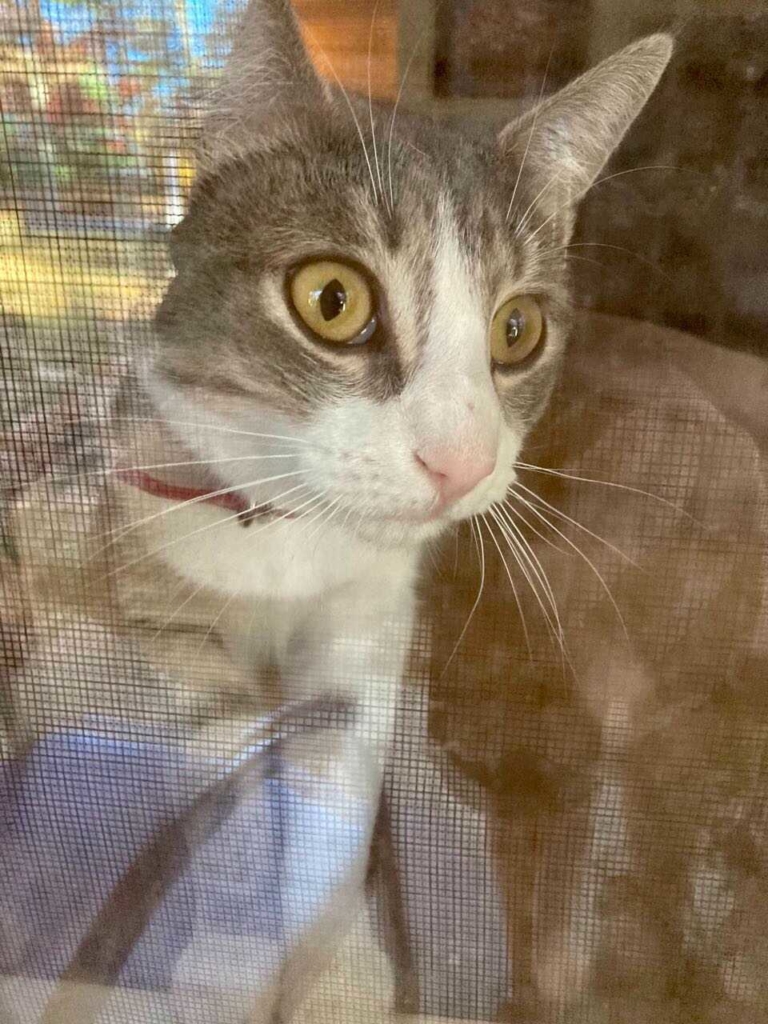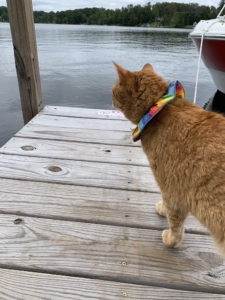Friday Facts and Figures is a weekly newsletter with data points, analysis, and commentary on the biggest policy debates in New Jersey and beyond.
Sign up here.
Vaccine Doses: 13,867,873
Fully Vaccinated People: 6,240,843
[New Jersey Department of Health / COVID-19 Dashboard]
Scientifically Unreliable
New reporting by The Star-Ledger highlights how New Jersey’s marijuana legalization law directs revenue from cannabis sales to local police departments to train officers to identify impaired drivers. The problem? The methods used by the Drug Recognition Expert (DRE) training are currently being challenged in court for being scientifically unreliable. “It misses one of the prime rationales for the legalization of cannabis in New Jersey, which is, this has been an overpoliced part of our society and the policing has been targeted at Black and brown communities,” said Alex Sholom, ACLU-NJ Director of Supreme Court Advocacy. “To think what we need to do is spend more money on policing marijuana is really baffling to me.” [NJ.com / Jelani Gibson]
3,200
With COVID-19 cases once again on the rise, another crisis is largely flying under the radar: New Jersey is on track to surpass 3,200 overdose deaths in 2021. This would represent the most overdose deaths ever recorded in the Garden State. Fortunately, there are two bills pending in the Legislature that would bolster harm reduction and syringe access programs, which are some of the few proven ways to actually prevent overdose deaths. Together, the bills would decriminalize syringe possession and lower barriers to new syringe access programs opening; right now there are only seven harm reduction centers operating in the state, with Atlantic City’s program at risk of closing. [NorthJersey.com / Dustin Racioppi]
Two Out of Three
In a step toward creating safer communities and lowering police violence, acting Attorney General Andrew Bruck has announced a new pilot program in Cumberland County that will pair state troopers with a mental health professional when responding to certain crises. This is big news because, as NJPP’s Marleina Ubel reported earlier this year, two out of three times that an officer uses force — and in over half of fatal police encounters — the civilian involved is either living with a mental illness or under the influence. By shifting away from law enforcement-based approaches to issues of mental health and substance abuse, New Jersey can achieve better outcomes for everyone. [NJ.com / Joe Atmonavage]
Unanimous
Some good news from Thursday’s lame duck session: the Senate and Assembly both unanimously passed legislation expanding the Child and Dependent Care Tax Credit! The proposal would both raise the income limit for the tax credit and make it refundable, meaning families with low incomes will qualify for the full credit even if that amount is higher than their taxable income. “Expanding the child and dependent care tax credit will put money back in the pockets of parents and caretakers who face staggering annual childcare costs, which are often as high as in-state college tuition,” said NJPP’s Peter Chen in a statement. “Although this is only a one-year change and a small part of addressing New Jersey’s child care crisis, the expanded credit is a critical lifeline for families struggling to care for the state’s youngest children — and a step toward making this a more just and equitable state that treats working people with dignity.” [NJ.com / Susan Livio]
406
Only 406 of 6,000 applications for pandemic relief have been approved since the New Jersey Excluded Workers Fund launched in late October. A complicated and confusing application process means the fund is presenting new hurdles to undocumented workers and those ineligible for COVID-19 relief — precisely the individuals the fund is meant to help. With the December 31 application deadline approaching, immigrants’ rights advocates worry the artificially low demand for the program may be used by lawmakers to justify letting the program expire without a second round of much-needed funding. [New Jersey Monitor / Sophie Nieto-Muñoz]
ICYMI 1
Congratulations to NJPP Policy Analyst Marleina Ubel for being selected to the New Leaders Council – New Jersey (NLC-NJ) 2022 class of fellows! NLC-NJ is the premier training and mentorship program for up-and-coming progressive leaders in New Jersey. Marleina will join an NLC-NJ family that includes NJPP’s Vineeta Kapahi (2021), David Nelson (2020), Peter Chen (2016), yours truly (2016), and former NJPP President Brandon McKoy (2013). [Insider NJ]
ICYMI 2
Sound the celebratory air horn, because NJPP just won two Graphies at the annual IMPACT Conference put on by the Center on Budget and Policy Priorities! For those unfamiliar with the Graphies, it’s like the Oscars for state policy nerds. NJPP Senior Policy Analyst Peter Chen won Best Blog for his writing on New Jersey’s new law ending prison gerrymandering, and NJPP Drug Policy Consultant Jenna Mellor won Best Report for A War On Us, which documents how much the state spent over the last decade enforcing the drug war. Congratulations, Peter and Jenna! [NJPP]
Pets of NJPP
Meet Angus, an eight-month-old retriever mix from Kentucky! Recently adopted from the Atlantic City Humane Society by Debbie and George, Angus is loving his forever home in Absecon. He enjoys long walks to the bay, hanging out with Pizza the cat, and chewing on any toy (or chair) he can get his mouth on. Woof!

Have a fact or figure for us? Tweet it to @NJPolicy.








